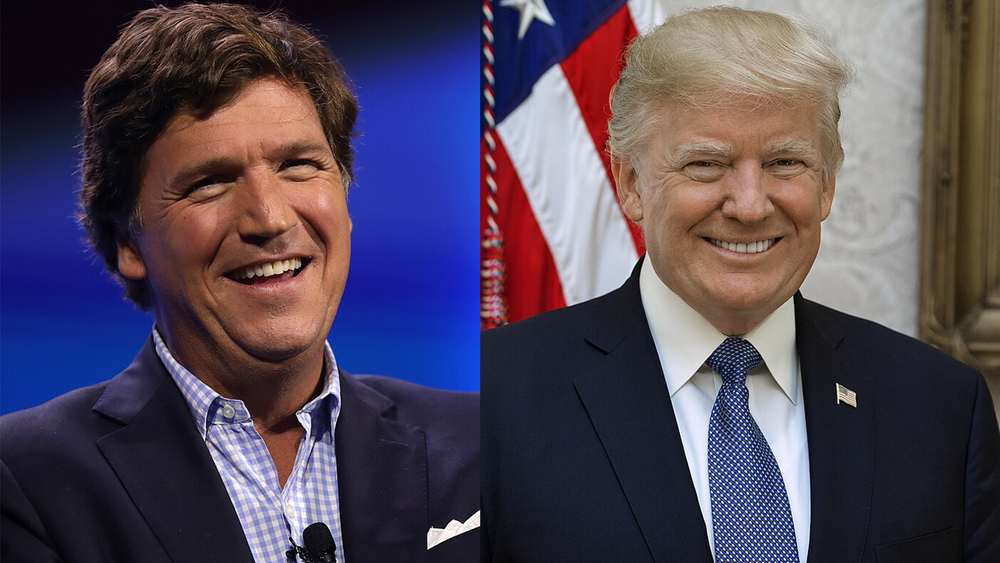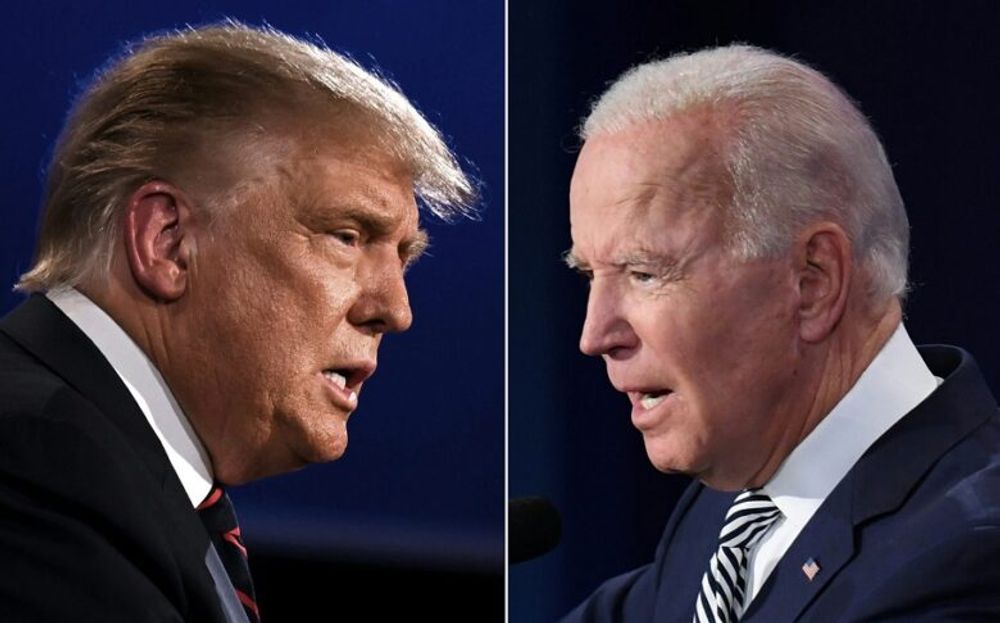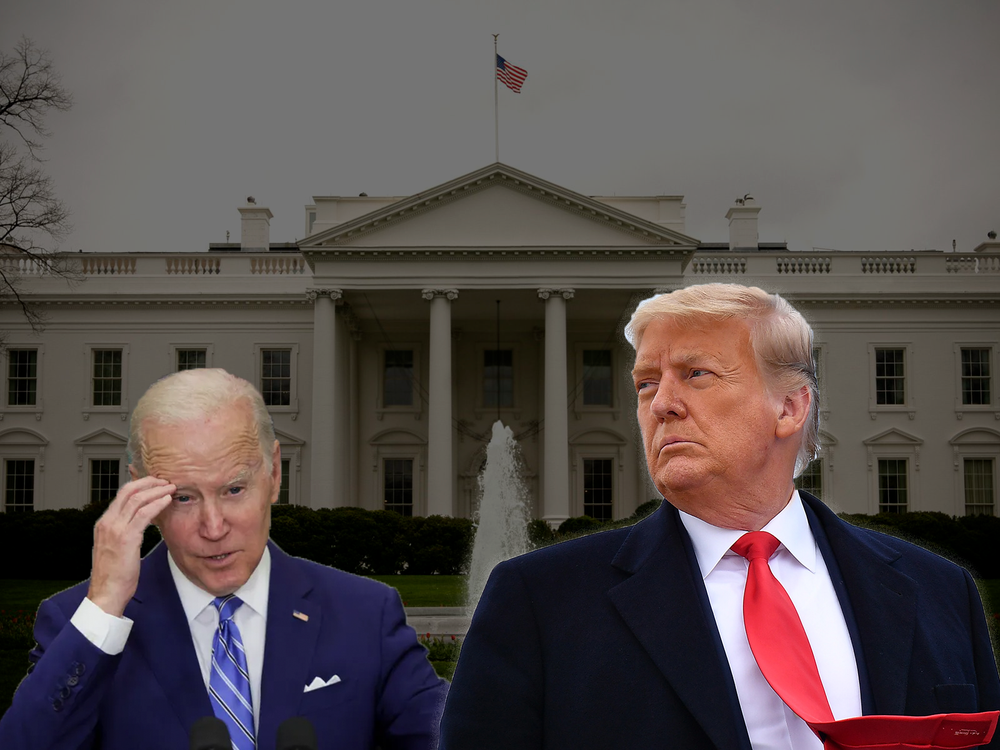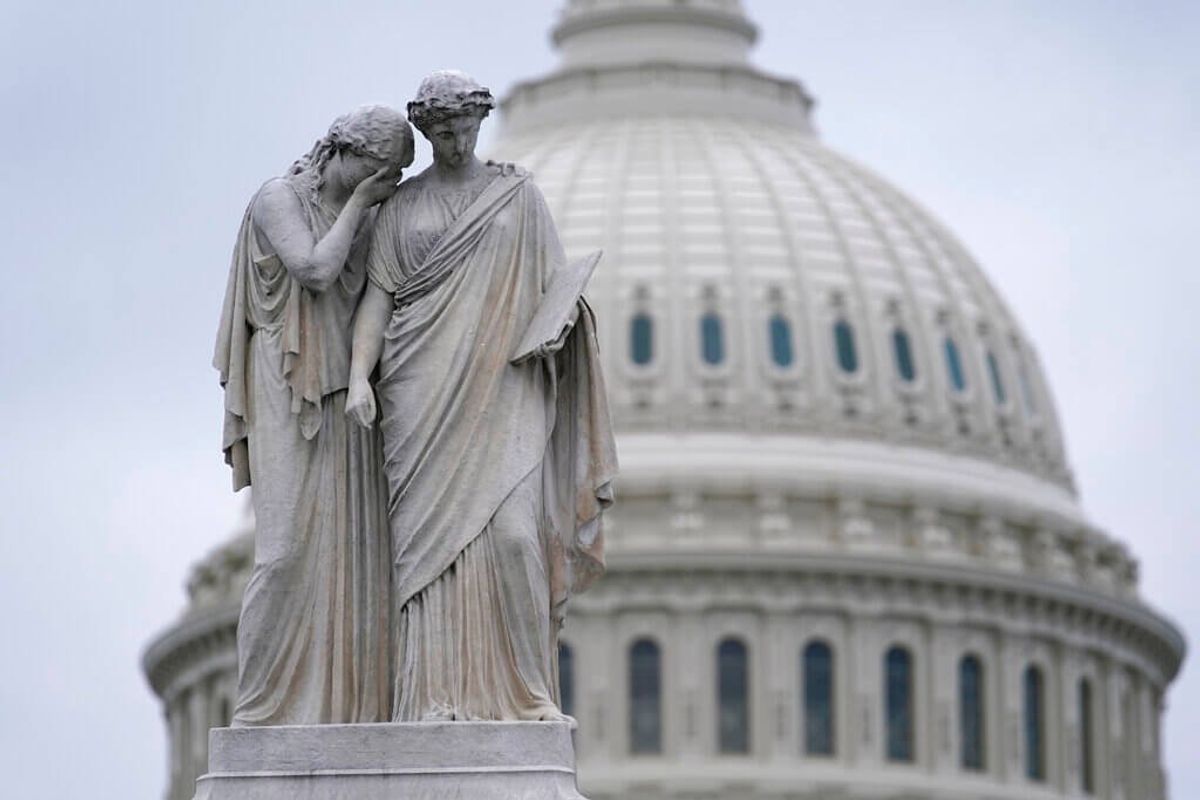
Will Congress Block Certification of Biden’s Victory?
Lawmakers from the U.S. Senate and House of Representatives are scheduled to meet Wednesday in a joint session of Congress to count and certify electoral votes based on the result of the November presidential election.
This usually routine and ceremonial function — a final step after the Electoral College officially elected Joe Biden on December 14 — has turned into a litmus test of Republican lawmakers’ loyalty to President Donald Trump. More than 100 Trump loyalists are set to challenge certification.
Here’s what we can expect from the meeting.
What usually happens?
Under the 12th Amendment, both chambers must meet to officially count and certify the Electoral College results from all 50 states and the District of Columbia.
Representatives of the Democratic and Republican parties in the Senate and House are appointed as “tellers” from each chamber. Vice President Mike Pence, in his capacity as president of the Senate, presides over the joint session. If he cannot preside, the longest-serving senator in the majority party, in this case, Republican Sen. Chuck Grassley of Iowa, leads the session as the Senate president pro-tempore.
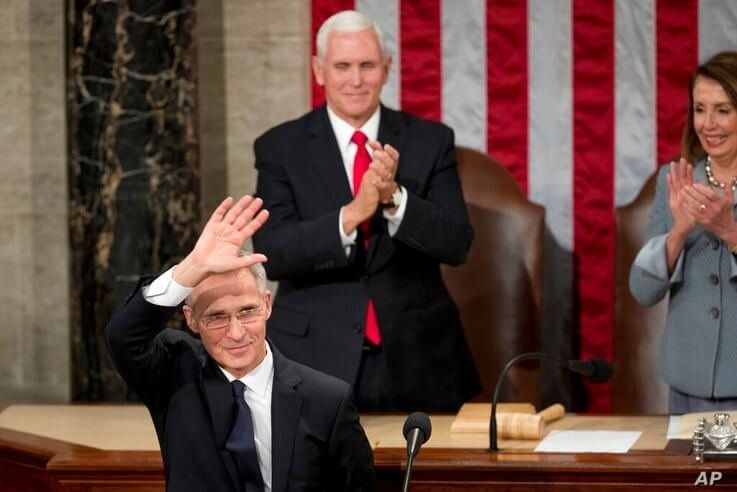
Senate pages — high school students from all 50 states — bring mahogany wood boxes filled with the sealed envelopes of certified electoral votes from the 50 states. The presiding officer opens and presents sealed certificates in alphabetical order of the states. The appointed “tellers” from each chamber read each certificate out loud to officially record and count the votes.
The process continues until all the votes are announced and counted. The presiding officer then announces who has won the majority votes for both president and vice president.
What is expected to happen?
In a last-ditch attempt to keep Trump in the White House, more than a hundred Republican House members and a dozen senators have said they plan to object to the electoral college tally from some or all of six swing states won by Biden — Arizona, Georgia, Michigan, Nevada, Pennsylvania and Wisconsin — and demand that a commission be established to audit the election results.

Most of the senators who plan to object represent states where Trump remains very popular.
Their objections are expected to fail as Democrats control the House and are unified in their support for Biden. The Senate, although narrowly controlled by the Republicans, is not likely to vote in favor either, with several GOP senators already stating they are against throwing out any state’s certified election result.
Still, with two hours of debate permitted for each objection, plus the time needed for votes in each chamber, the typically short ceremony will likely turn into a prolonged event.
Jason Grumet, president of the Bipartisan Policy Center, called the Republican lawmakers’ move “incredibly troubling.”
“It is not conservative, it is not partisan, it is not patriotic,” Grumet said. “It is simply a self-interested effort by some ambitious politicians to challenge the outcome of an election, which by all accounts was conducted exceptionally well.”
The Trump campaign and the president’s allies have launched 61 lawsuits challenging the results of the election in a number of states. They have lost 60, after failing to provide evidence supporting their claims of widespread fraud.
What is the president’s role in this?
Trump, who won 232 Electoral College votes compared to Biden’s 306, has not conceded that he lost. He has pressured Republican lawmakers and officials to overturn the result of the election, often by wielding the power of his base that could make or break political fortunes.
How can you certify an election when the numbers being certified are verifiably WRONG. You will see the real numbers tonight during my speech, but especially on JANUARY 6th. @SenTomCotton Republicans have pluses & minuses, but one thing is sure, THEY NEVER FORGET!
— Donald J. Trump (@realDonaldTrump) January 4, 2021
Trump’s pressure campaign was captured in an hourlong phone call on Saturday, where he urged fellow Republican Brad Raffensperger, Georgia’s secretary of state, to “find” enough votes to overturn his electoral defeat.
Respectfully, President Trump: What you’re saying is not true. The truth will come out https://t.co/ViYjTSeRcC
— GA Secretary of State Brad Raffensperger (@GaSecofState) January 3, 2021
In a press conference Monday, Gabriel Sterling, the states’ voting system implementation manager, said the secretary’s office released the recording “out of an abundance of caution” given the current political environment and the president’s track record.
“Sometimes he [Trump] doesn’t necessarily characterize things as they might have actually occurred,” Sterling said.
Trump, who calls Republicans who refuse to support him the “Surrender Caucus,” is also calling on Pence to take action to overturn the election, despite the Constitution and the Electoral Count Act defining the vice president’s role in the states’ electoral vote count largely as a ceremonial one.
The Vice President has the power to reject fraudulently chosen electors.
— Donald J. Trump (@realDonaldTrump) January 5, 2021
“I hope that our great vice president comes through for us. He’s a great guy,” Trump said at a rally in Georgia on Monday night. “Of course, if he doesn’t come through, I won’t like him quite as much.”
The presidential pressure has created an awkward choice for Pence, who until now has demonstrated unflinching loyalty to Trump.
David C. Barker, director of the Center for Congressional and Presidential Studies at American University, said that if Pence wants to be a viable candidate for president in 2024, he may have to join the chorus of Republican lawmakers who continue to enable Trump’s gambit.
“He may decide that he cares more about his conscience than his career,” Barker said. “We’ll see.”
I hope the Democrats, and even more importantly, the weak and ineffective RINO section of the Republican Party, are looking at the thousands of people pouring into D.C. They won’t stand for a landslide election victory to be stolen. @senatemajldr@JohnCornyn@SenJohnThune
— Donald J. Trump (@realDonaldTrump) January 5, 2021
The president has also called on his supporters to gather in Washington on Wednesday, prompting the city’s mayor to urge residents “not to engage with demonstrators who come to our city seeking confrontation.”
I am asking Washingtonians and those who live in the region to stay out of the downtown area on Tuesday and Wednesday and not to engage with demonstrators who come to our city seeking confrontation, and we will do what we must to ensure all who attend remain peaceful.
— Mayor Muriel Bowser (@MayorBowser) January 4, 2021
Tuesday night, Trump said he planned to address a protest that is to take place Wednesday outside the White House.
Has this ever happened before?
Democrats launched small-scale and short-lived objections to electoral vote counts in 2001, 2005 and 2017.
In 2001, more than a dozen House members tried to object to electoral votes in Florida, the state where Vice President Al Gore lost to George W. Bush by a razor-thin margin, after a recount battle decided by the U.S. Supreme Court. In his capacity as president of the Senate, Gore overruled the objections and announced Bush as the winner.
In 2005, Sen. Barbara Boxer, D-Calif., joined Rep. Stephanie Tubbs Jones, D-Ohio, in objecting to Ohio’s votes. The move failed by large margins in both chambers and was not supported by the defeated Democratic nominee, John Kerry.
Some House Democrats objected to the votes for Trump in several states in 2017 but were overruled by then-Vice President Joe Biden.
The objection is unlikely to succeed but what happens if it does?
Trump and his allies hope that the challenge will result in some of Biden’s electoral votes being tossed out, reducing them below the 270-threshold needed to win.
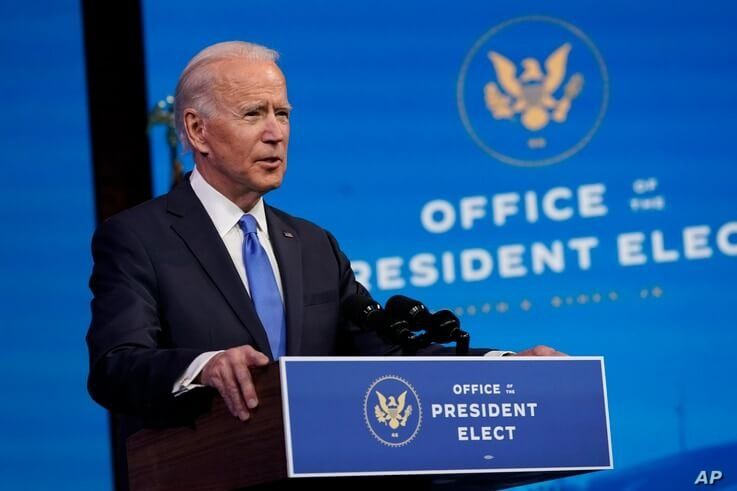
Under the 12th Amendment to the Constitution, if no candidate receives an absolute majority of the electoral votes, the House of Representatives is required to go into session immediately to choose a president.
“There is absolutely no chance that this effort, which is basically political theater, will prevent Joe Biden from becoming president of the United States,” said Grumet, of the Bipartisan Policy Center.
But Grumet said this effort is damaging to American democracy.
“Small bad precedents often become big bad precedents,” Grumet said. “We hopefully have not created now a tradition in which people who are basically sore losers take it upon themselves to question the legitimacy of tens of millions of American voters.”
The objection has also widened the rift between establishment Republicans and populist Republicans, both of which are seeking control over the direction of the party.
“January 6th will be the opening shot in a long-term effort to define the soul of the Republican Party,” GOP pollster Whit Ayers said.
What follows will depend on what Trump does after he leaves office, Ayers said. “How active he remains, and how much political influence he retains once he no longer has the power of the presidency at his disposal,” he added.
When will it end?
Despite the certification vote potentially dragging on for days, and some of the president’s legal challenges technically still pending in the courts, on January 20, the White House almost certainly will have a new occupant as Biden is to be sworn in as the 46th U.S. president.
Tags
America's Voice Newsvoa newsreal america's voicevoa news 2021voa news 1-6-21congress block certificationcertification of bidenwill congress block biden Outcomes Uncertain in Key US Senate Runoff Elections in GeorgiaNext PostDemocrats Win Key US Senate Runoff With Second Georgia Race Too Close to Call
Outcomes Uncertain in Key US Senate Runoff Elections in GeorgiaNext PostDemocrats Win Key US Senate Runoff With Second Georgia Race Too Close to Call
